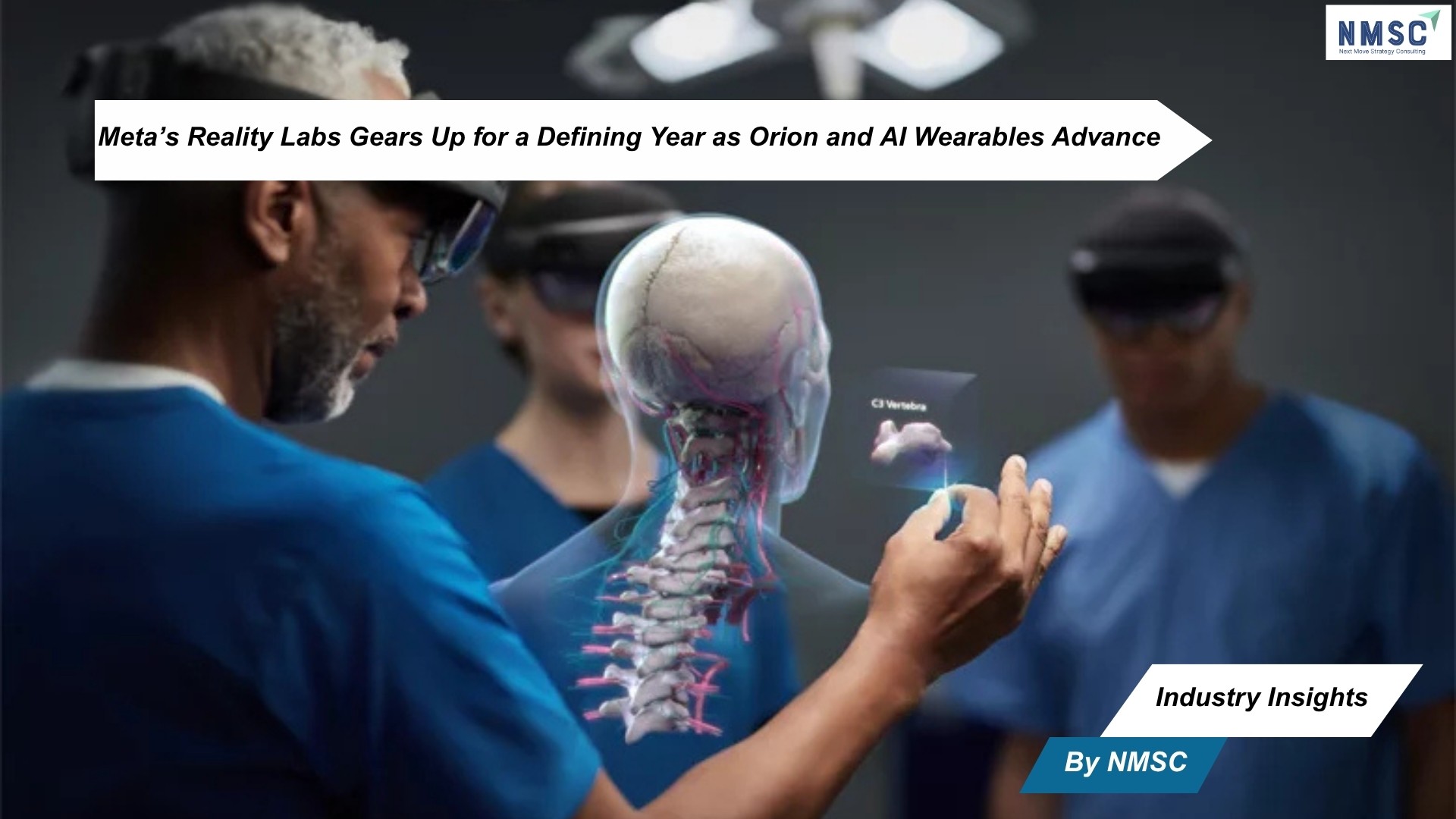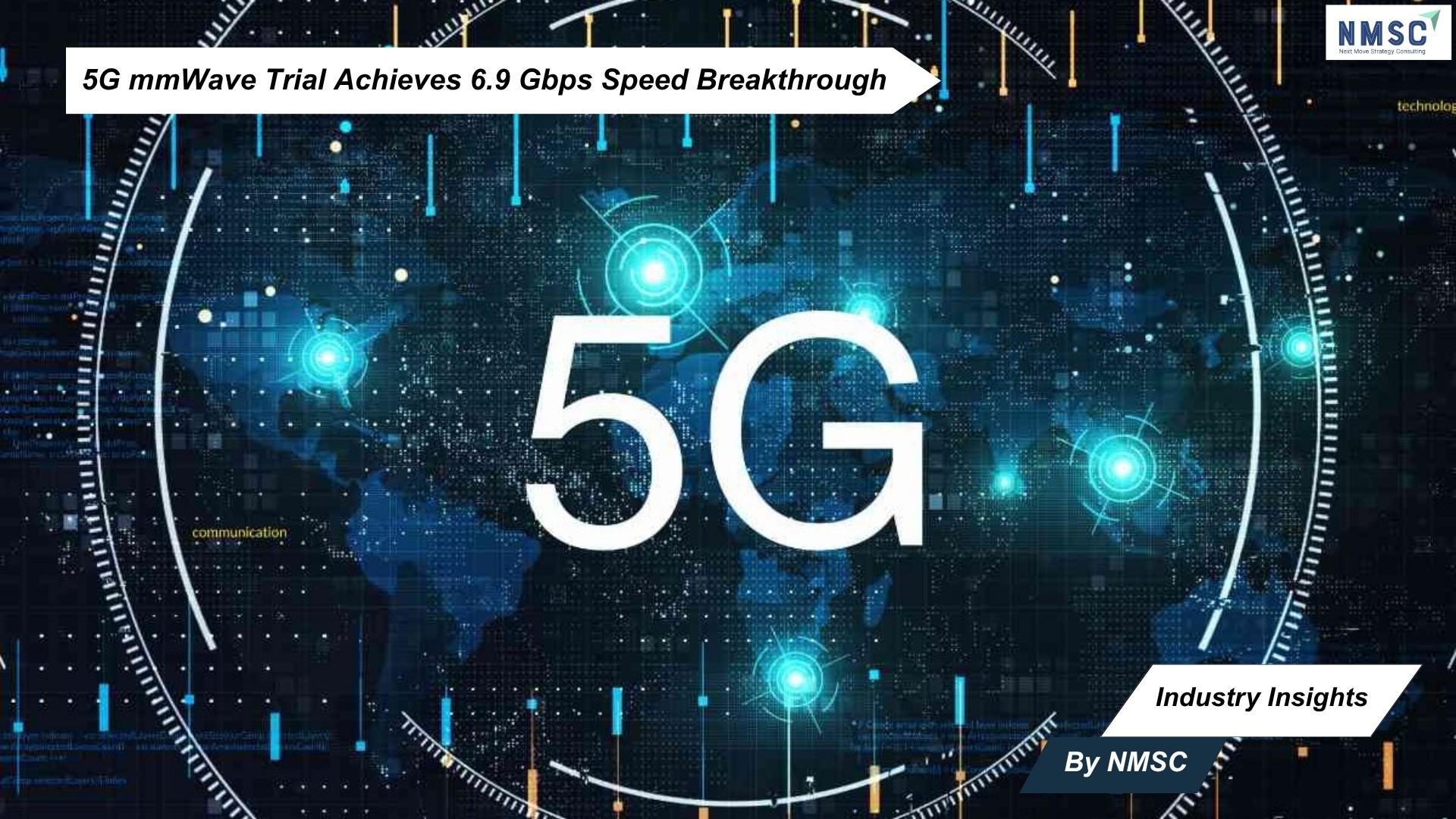Meta’s Reality Labs Gears Up for a Defining Year as Orion and AI Wearables Advance
Published: 2025-07-29

In early demonstrations of Orion earlier this year, Meta reaffirmed a longstanding internal mantra: “Code wins arguments.” According to the company, the insights gained from a few months of real-world user interactions during these demos proved more valuable than years of behind-the-scenes development. The hands-on feedback not only validated the product’s direction but also accelerated learning in ways that traditional R&D could not.
Orion wasn’t the only breakthrough for Meta in 2025. The company also reported significant advancements in its mixed reality hardware and AI-powered glasses, both of which have now achieved new levels of stability, performance, and accessibility. This technological maturity is enabling Meta’s software teams to iterate more rapidly, particularly in the areas of operating systems and next-gen AI features.
These developments mark a critical inflection point in Meta’s long-term vision for the metaverse. Company leaders believe the coming year could be the most consequential in Reality Labs’ history, as foundational technologies begin to converge into more seamless, user-ready experiences.
Building the Future of AI Native Glasses
The year 2024 marked a major breakthrough for AI-powered glasses. When Meta began developing smart glasses in 2021, the goal was to take an early step toward the eventual creation of full-fledged AR glasses. While mixed reality headsets are evolving into powerful, general-purpose computing platforms—similar to modern PCs—smart glasses were seen as a more natural extension of today’s mobile devices.
With that in mind, Meta prioritized getting these devices into the hands of real users early on, aiming to gather insights directly from real-world use. This approach has paid off, as AI glasses have now reached a level of functionality and relevance that signals a new era for wearable technology.
Key Highlights at a Glance:
-
AI First Hardware: Glasses designed from the ground up as an AI native device, enabling seamless multimodal interactions.
-
Live AI Rollout: Early access launch of real-time AI assistants on glasses, marking the first step toward truly personalized helpers.
-
Developer Velocity: Stable mixed reality platforms empower faster iteration on operating systems and novel AI experiences.
Advancing Mixed Reality Platforms
Meta Quest 3 continues to improve with each software update, enhancing passthrough stability, multitasking, and spatial UI—features that instantly carried over to the newly launched $299 Quest 3S. On day one, Quest 3S delivered a superior experience compared to the original $499 Quest 3, driving strong Black Friday sales and an anticipated holiday activation surge. Funding for developers’ apps and games ensures new users discover the “magic of MR” and remain engaged long term.
A Defining Moment for the Metaverse: AI Meets True AR
The next major leap toward the metaverse will come from integrating AI glasses with the groundbreaking augmented reality experience unveiled through Orion. Moments like these—when an entirely new technology clearly points to the future—are rare. Those who witnessed Orion in action immediately recognized its significance, much like the early viewers of personal computers at Xerox PARC in the 1970s. As Steve Jobs famously said of his 1979 demo of the Xerox Alto, “Within ten minutes it was obvious to me that all computers would work like this someday.”
Source: https://about.fb.com/news/2024/12/accelerating-the-future-ai-mixed-reality-and-the-metaverse/
Prepared by: Next Move Strategy Consulting
















Add Comment